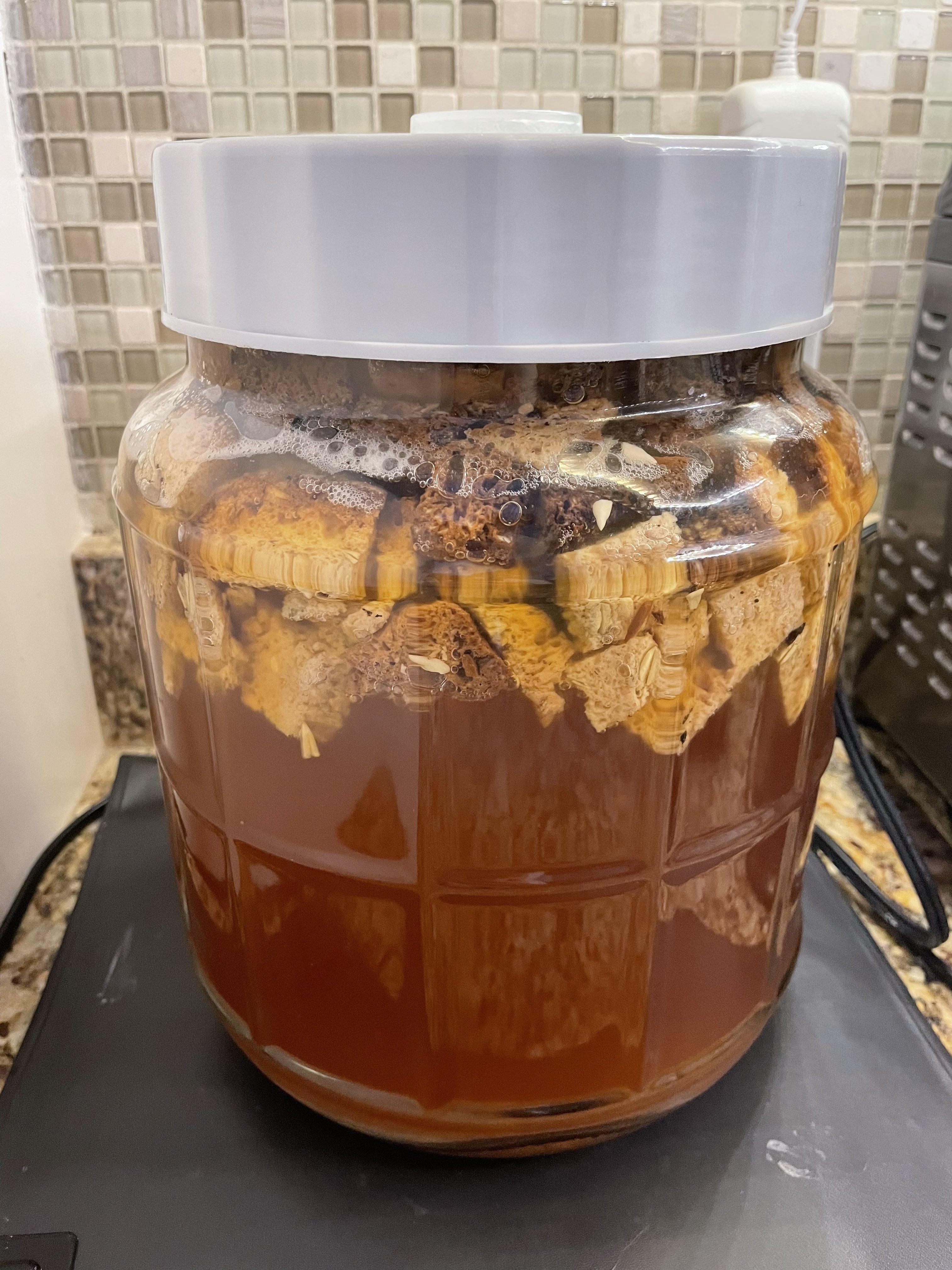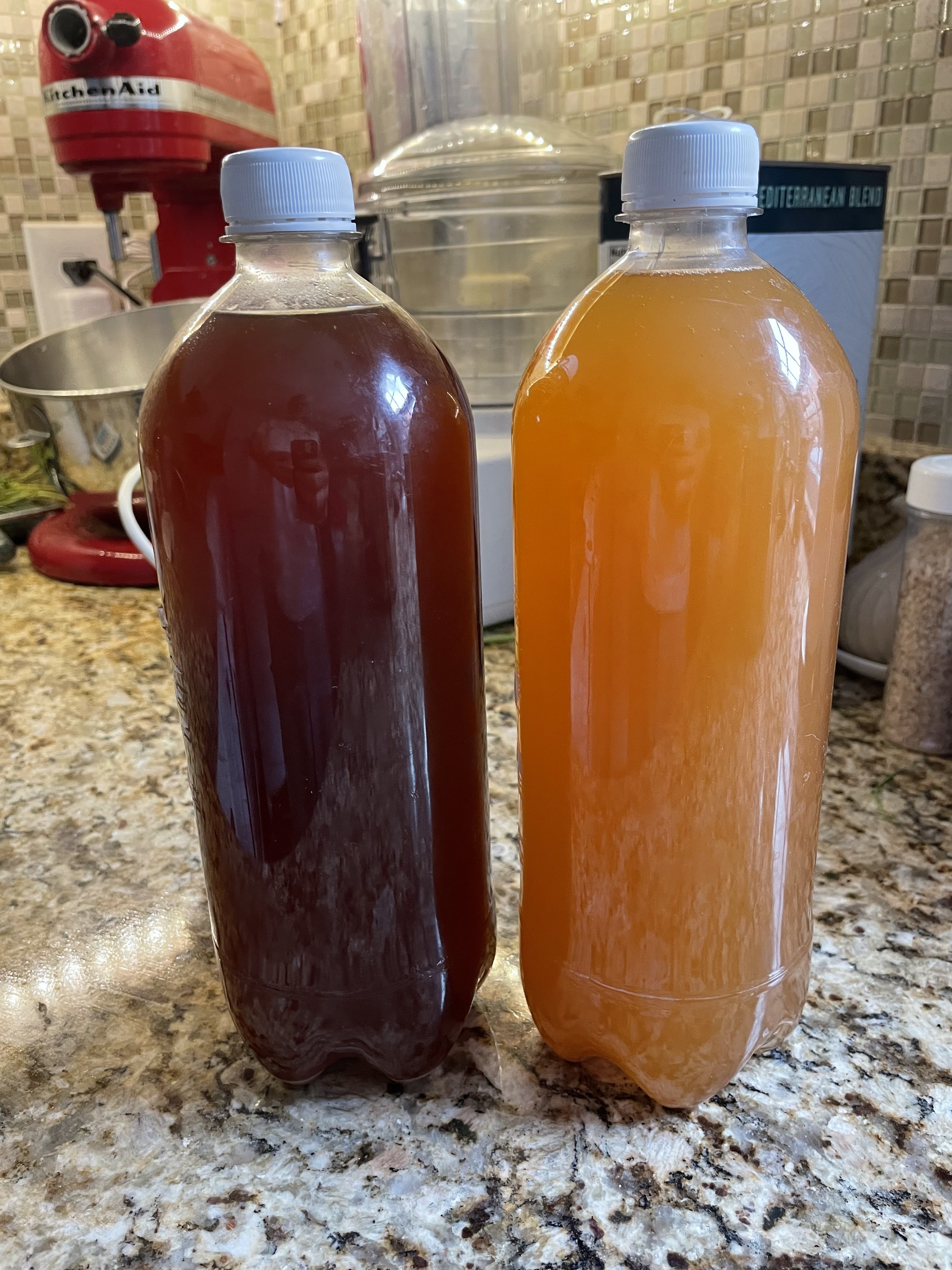Tennessee Brew
Well-Known Member
- Joined
- Jan 30, 2021
- Messages
- 83
- Reaction score
- 22
I decided to do some experiments with Russian Kvass. I like the bread like taste so our to start we are going to do a traditional Kvass with dark rye bread.
Second we are going to change it up a bit and do a Wheat Bread.
As we move along we may experiment with different things, flavors, stronger brews etc. I've also been wondering what Kvass might taste like with a slight bit of oats or perhaps some malt? Hey if you cant experiment then your not having fun!
Kvass experts feel free to chime in and we will update everyone as we go.
Second we are going to change it up a bit and do a Wheat Bread.
As we move along we may experiment with different things, flavors, stronger brews etc. I've also been wondering what Kvass might taste like with a slight bit of oats or perhaps some malt? Hey if you cant experiment then your not having fun!
Kvass experts feel free to chime in and we will update everyone as we go.



























![Craft A Brew - Safale S-04 Dry Yeast - Fermentis - English Ale Dry Yeast - For English and American Ales and Hard Apple Ciders - Ingredients for Home Brewing - Beer Making Supplies - [1 Pack]](https://m.media-amazon.com/images/I/41fVGNh6JfL._SL500_.jpg)
































